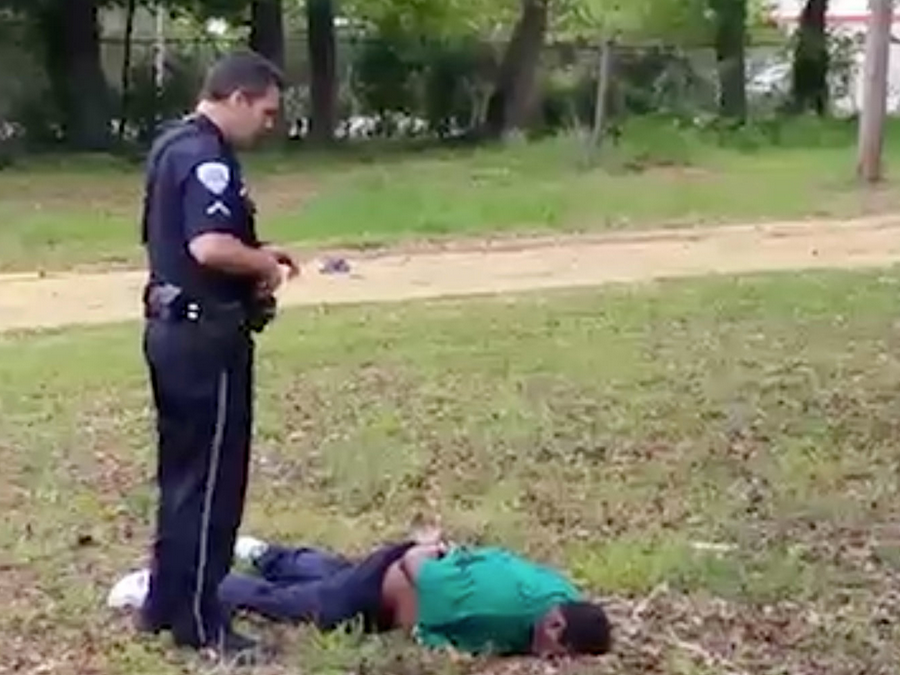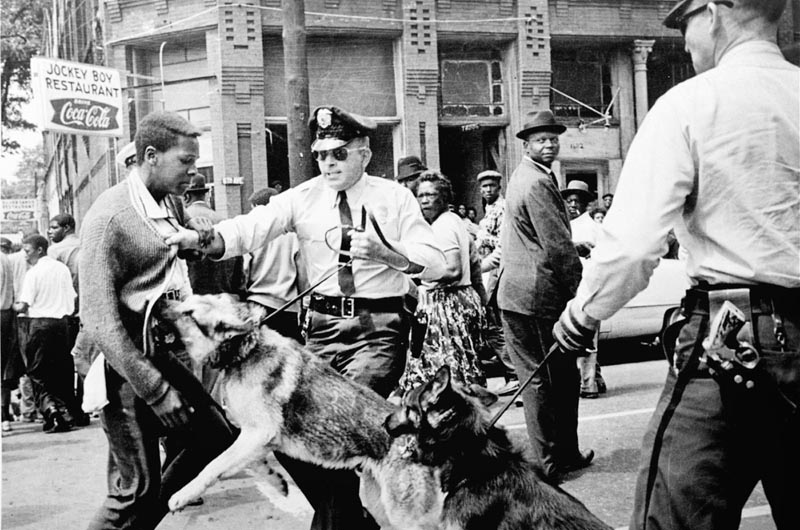Islam encompasses a wide range of beliefs about how one
should live and interact with the world.
It is a mistake to think that one can simply declare what Islam teaches,
or what Muslims believe. An examination
of the whole spectrum of belief of those who call themselves “Muslim’ is beyond
the scope of an article, or perhaps even a single book. This article will briefly outline three major
belief systems within Islam that are very relevant to the conflicts in the Middle
East that are impacting the world today.
 |
| Shia Procession in Tyre |
Shia
About 10-15% of Muslims worldwide identify as Shia. They are located primarily in the region
between Iran and Lebanon. The center of
Shia power is Iran, but they also are the largest religious group in Iraq,
Bahrain, Lebanon, and Azerbaijan, and close to half the population of Yemen.
They have centralized structures of religious authority, and their own school
(Jafari) of Islamic law. The original divide between the Shia and the Sunni
majority was political, but 1300 years of division have led to some significant
theological differences and religious practices.
While extremism is not unknown among the Shia, they are not influenced by the current wave of Wahabi extremism plaguing the Muslim world. They are doing more than perhaps any other group to combat the Islamic State, since that group has declared them all apostates. My own experience living among the Shia of southern Lebanon has been very positive; they are generally a kind, tolerant, and gracious people.
While extremism is not unknown among the Shia, they are not influenced by the current wave of Wahabi extremism plaguing the Muslim world. They are doing more than perhaps any other group to combat the Islamic State, since that group has declared them all apostates. My own experience living among the Shia of southern Lebanon has been very positive; they are generally a kind, tolerant, and gracious people.
 |
| Sunni Civil Observance in Sidon |
Sunni
About 85% of Muslims identify as Sunni, and can be found
around the globe. The foremost institution of Sunni theology is Al-Azhar
University in Egypt, but there is no central authority to give rulings on
Islamic Law for Sunnis. Religious
rulings have no more authority than the reputation of the scholar or
institution making the ruling. In some nations, there are legal codes which
officially adopt or reject religious rulings and a council normally determines
those codes. There are four main schools of Sunni jurisprudence (Hanafi, Hanbali,
Shafi, Malaki) which have their own interpretations of Islamic Law and tend to
be prevalent in a different region. They differ on what rules or precedents are
used to determine law.
Of particular interest is the Hanbali school, which is
prevalent in the Gulf region. This
school tends to rely more on textual sources from the Quran, sayings of
Mohammad, the life example of Mohammad, and well-published scholars. Because of their reliance on fixed, immutable
texts this school is the least flexible in adapting Islamic law to the modern
world. This is why Saudi Arabia still
chops off heads and publicly flogs women.
It is why women cannot drive cars, or travel with permission of a male
authority. My personal experience living among the Sunni of Lebanon has also been largely positive. They are generally kind, but less tolerant than the Shia.
 |
| Who gets to define Islam? |
From the Hanbali school is derived a sub-school of Islamic
jurisprudence known as Wahabism. It is
historically confined to the Arabian Peninsula, but enjoys the support of
perhaps 20% of the population. It is the product of an 18th century
Hanbali scholar named Mohammad Abdul-Wahab. He decried the moderation of Islam
found in the four prevalent Sunni schools of Islamic law, and called for a return to
the early forms of Islamic thought as found in the Quran, sayings of Mohammad,
and life example of Mohammad. Abdul-Wahab also argued that the early rulers of the
Muslim people who had been Companions of Mohammad were also good exemplars of
Muslim faith. He formed an alliance with
the house of Saud, a powerful Arabian clan, and together they conquered much of
the Arabian peninsula (from the Ottomans) and established an Islamic
State. Ideologically it was much like
the one being formed today in Syria and Iraq.
The Turks eventually sent Egyptian troops to crush the alliance and
reclaim their lands for the Ottoman Empire.
The ideological foundations of Wahabism lay dormant in the
deserts of Arabia for many decades. In
the period following World War I the discovery of oil and the colonial
aspirations of Europe brought new power to the house of Saud. As they amassed vast fortunes, the Saudi
princes spent billions building Mosques around the Muslim world, and eventually
in the West, where they installed Wahabi preachers to spread their belief
system far and wide. It was also a convenient way to export troublesome
preachers who showed increasing skepticism of the western-influenced Saudi
billionaires.
It is this belief system which gave rise ideologically to
Al-Qaeida, and eventually to the Islamic State.
Both groups see themselves as heirs of the banner of Mohammad, but a
banner bereft of the centuries of moderation and theological scholarship. Their Mohammad is the original tribal
warlord, a conqueror unashamed to wade in the blood of his enemies. In their online magazine “Dabiq,” the Islamic
State carefully lays out a scholarly basis for their teachings and beliefs as
being “authentic” Islam.
Their Mohammad and their Islam is different than that which
is taught and preached by the five schools of modern jurisprudence. The
differences are so great, in fact, that the Islamic State has declared that all
Muslims who do not follow their teachings and pledge allegiance to them are
apostate. By declaring all other Muslims apostate (takfir), the Islamic State
can then justify killing them in a war to purge Islam of the impure teachings
of the modern schools.
 |
| A war that may redefine Islam |
Conclusion
These three groups are locked in a violent regional war
which is raging from Yemen to Lebanon, and spilling over into the rest of the
Muslim world, and even into the West.
The Sunni-Shia divide is an ancient one, and unlikely to be settled any
time soon. Saudi Arabia and Iran are
competing for regional dominance, and using that divide as part of their
struggle. The Islamic State is fighting both sides as they work to purify Islam
and bring about the apocalypse which will usher in world-wide Islamic rule.
Only Sunni Muslims can eradicate the Wahabi extremism that
spawned the Islamic State and is infecting Islam around the world. This is
something that the US cannot change. It cannot be bombed out of existence. It
must be preached out of existence, and the institutions that produce extremist
preachers must be brought down. The alternative to this stifling level of
control is to offer complete freedom of religion, but that concept is not to be
found in any of the five modern schools of Islamic law.


